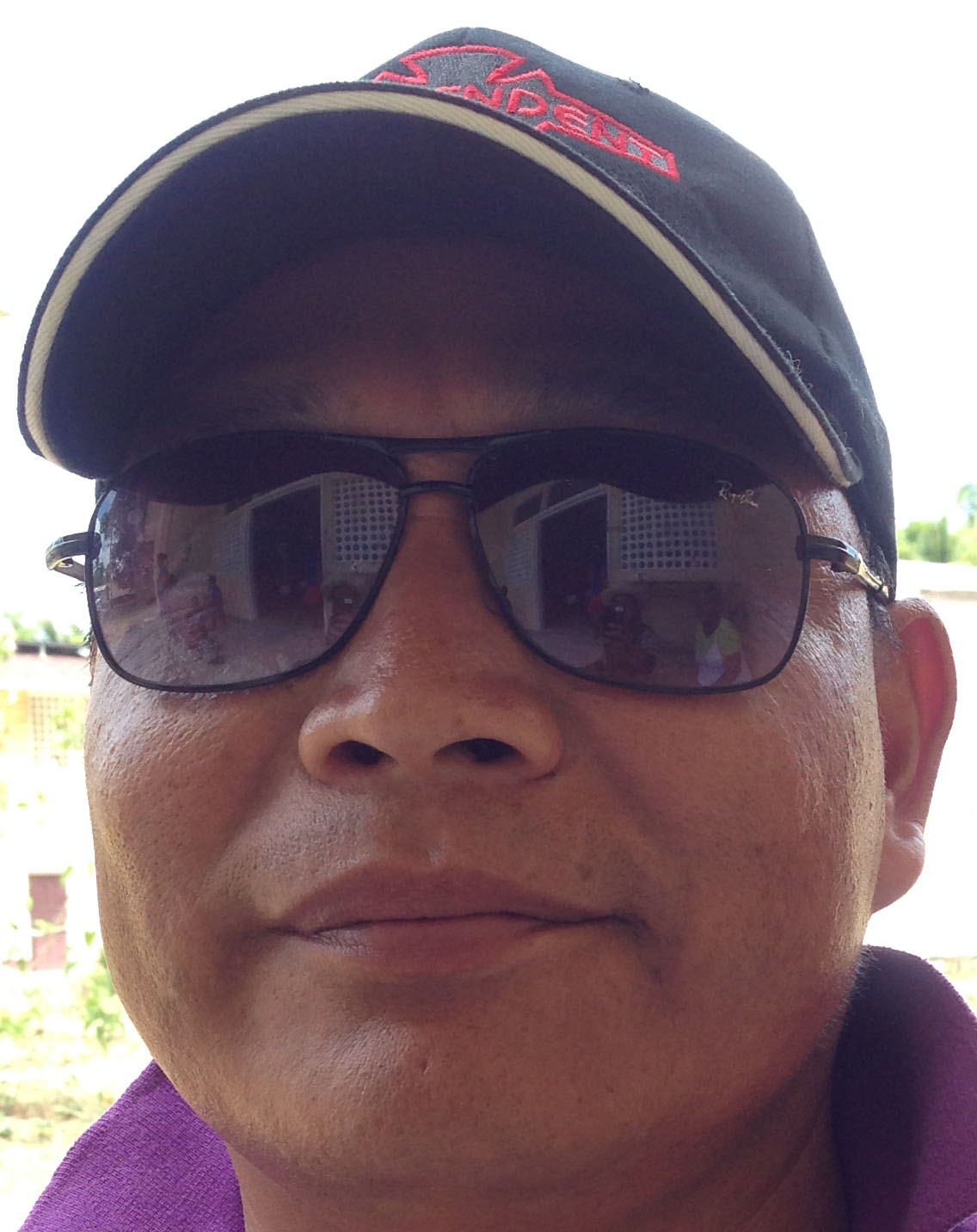Facing the effects of a prolonged dry season and the depletion of the forest as well as a poor price for lumber, residents of Moraikobai, Region Five share what life is like for them in their community:
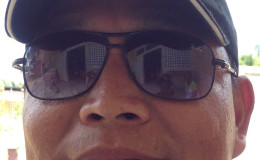
Havan Smith, logger,
‘At this time the logging business slow up a lot, especially in the market area with the price. We are not getting the price like before. When we take it to the lumberyard the owners make a lot of styles and they drop the price. Then they would pay us half of the money and pay the other half two weeks later. It is very costly to go in and come out back so we have to spend that time on the coast waiting for the money. By then we don’t have enough money to turn over in the business, like to buy fuel and grocery to take in the backdam. We spend over one week cutting lumber. It is hard work and besides, the forest is depleting and we have to look for special species of wood that the lumberyard requires, like kabukalli, sugar dan, silverballi and wallaba. Because of what seems like a dying market we are now planning to get into agriculture and we would have to do some running to locate markets for the produce. My wife is a teacher so she helps out financially. We are now trying to introduce sports, such as football, volleyball and cricket in the community to keep the youths out of trouble. Despite the hardship we face, we are trying. Life has to go on.’
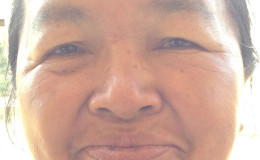
Annette Jacobs, farmer,
‘Life is not so easy for Amerindian women because we have to go to the farm and still look after the house and children. Sometimes when we don’t get water [from the tap], we have to walk about half mile to the backdam to fetch it. We have a well in the community but because of the dry weather, I think the water level has dropped. I have five children and they are all big and living separately but I am minding two grandchildren. I go to the backdam and plant pine and cassava. The sun is very hot so I hardly go now but when I do it is early in the mornings. My husband does logging and he goes away in the backdam and stays there for about two weeks sometimes. He takes the lumber to Mahaicony Stelling to sell and he doesn’t get price, despite all the hard work.’
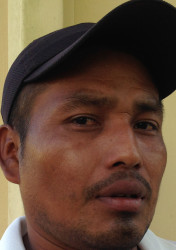
Remington Adrian, chairman of Moraikobai Commu-nity Developers,
‘We have a multi-purpose centre that the previous village council worked so hard to set up to that level but it is not being used right now. It is a project that targets the young people and to avoid the circumstances that our community is facing. The lumber business is not going smoothly like before and when we do get a market the money cannot compensate. And so I think that to eliminate this, the present council should capitalize on the multi-purpose centre and create job opportunities for the young people. We have some equipment there that can be used to conduct income-generating activities, like joinery and hollow block making to assist the community. We have the utensils that we can use to do catering.
We are also partnering with the Moraikobai Farmers’ Asso-ciation that was formed over a year ago. The association made an input into the project whereby they acquired a cassava mill. This would assist the farmers to process their cassava and make farine etc. with the byproducts. It would also help to conquer the difficulties that our people are facing, especially with the lumber, which I deem as the only source of income in the community presently. Other than that, a few people benefit from handicraft. We have been producing lumber for a number of years and soon we wouldn’t be doing it to this extent because the forest is depleting. They are not getting to harvest certain species of wood, like that boroda hard wood and cabacalli that the market requires. Most of the residents are now switching to large-scale farming.’
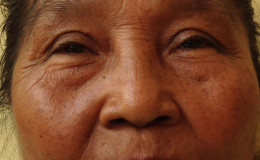
Elizabeth Dick, farmer,
‘I am 64 years of age and I go to my farm about four times per week. Life is hard in here, especially with this weather. I go early in the morning and because of the heat I can only spend about two hours at the farm. The sun had caused me to get sick and I got treated at the hospital in here. My two grandsons who I am taking care of have medical problems and I have to take them to the health facility on the coast and it is very expensive. I learnt to make craft – from tibisiri and etay palm trees – since I was a young girl. Me and the other women went to an exhibition in Georgetown and when we saw the craft we got the idea and said we can do better than that. We started making items such as fans, hats, fruit bowls, but sadly, we don’t have the market. We go in a group and take it to the Amerindian Heritage celebration but just a small amount would sell. We hope that one day the craft shops and other places would recognize our talents and buy our products in wholesale quantities. Life in here is not easy but if we play lazy we would suffer. When my husband go to the backdam to make wallaba post I hustle in the farm to make ends meet. I personally don’t depend on my husband’s income alone.’
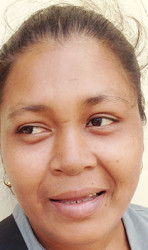
Ena Hendricks, housewife,
‘Life in Moraikobai is sometimes good and sometimes hard. My husband does farming to maintain the family; we have four daughters. I help him at the farm, which is way down in the backdam. We plant bitter cassava. We also make craft like jewel boxes, fans, baskets with straw that we pick from the savannah and we make hand bands with
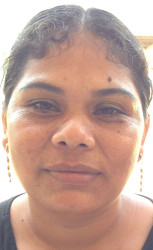
beads. We would take them yearly to GuyExpo or the Amerindian Heritage celebration in Georgetown to sell or people would buy them in here. But the sale is very slow. To me life is getting harder every day. Food items and other stuff are getting very expensive. Sometimes we don’t even have enough money to maintain the family. I would love to see development in Moraikobai.’
Indranie Smith-John, housewife,
‘I like living in Moraikobai because it is quieter and safer than the road. Right now life is a little bit tough because of the dry weather. I do gardening in my yard. I plant eschallot and pepper mostly but nothing is coming; the sun would burn the root and they die. The banana and plantain are coming nice though. I also make floor mats, baskets and other crafts. I would sell them when we have visitors in the community or at the yearly exhibition in Georgetown. I wish we had more market. My husband is a pastor and would do lumbering.’
Terry Adrian, boat captain/ logger,
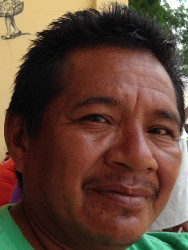
‘Life in Moraikobai was smooth but it is getting difficult now. I bought a tractor/trailer last year to extract lumber but because of the slow market I am not earning enough to pay off for it. I also operate heavy-duty machines and once in a while I would get a contract to operate a bulldozer and skidder out of the community. We depend on logging as our main income but I am not working right now. I want to divert from lumber because the businessmen would promise to pay us $110 but when we go they only pay us $100. Out of that we have to pay the trucks and labour cost. My wife and I are thinking of going into agriculture and invest in permanent crops like banana, plantain, eddo, pineapple and citrus. We would do organic farming. We have good co-operation in here; we would come together and clean the community and the creek and maintain the road.’
Raymond Clinton, logger,
‘Life is getting really hard here because we depend on lumber but we are not getting the price. We used to get $140 per bm but now we are only getting $100. We are
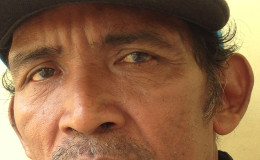
just punishing in here. I invested in a chain saw but the work is getting so hard now that I want to get into large-scale farming. Money is not circulating in Moraikobai; everybody crying out. People are punishing and we want the government to take action and represent us and ensure that we get back the right price. We would catch fish and do a little gardening to get food.’
Onika Sutherland, housewife,
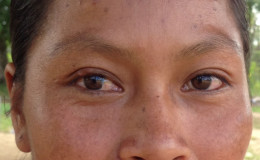
‘Life is a struggle here because we don’t have jobs. If the government creates jobs we would work. Right now I just stay at home and take care of my three children. My husband had to leave and find work in French Guiana and Suriname. He is doing mining and sometimes he would come home after three months. I just sit and wait until my husband sends money and sometimes he doesn’t always make enough. The government promised us jobs after we win the elections but we never see them again. I find it hard to find grocery and school items for my children.’
Fizal Jacob, chainsaw operator,
‘I work at Kwakwani and Mahdia in the interior so I’m hardly in the community. I would go and spend about three or four months and then return. As a
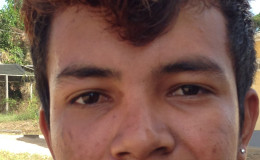
youth I like that sometimes we come together and play cricket, football or volleyball. What I like about Moraikobai is that it is a peaceful place with everyone
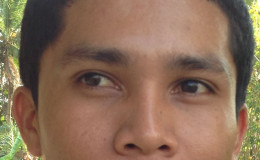
sharing with each other. I find that it is difficult to access transportation because the wood work ease up so we don’t get the boats like before. I would like to see more jobs being created in the community so we don’t have to leave.’
O’Neil Doliveria, singer/logger,
‘The logging business is getting tough as well as life in Moraikobai. I go out to work in the backdam with my father. The work is very hard and yet we are hardly getting price for it. I am a gospel and R&B singer and there is no scope here for me to develop singing as my career. I already made a CD and I’m looking to record more song next year. ‘

